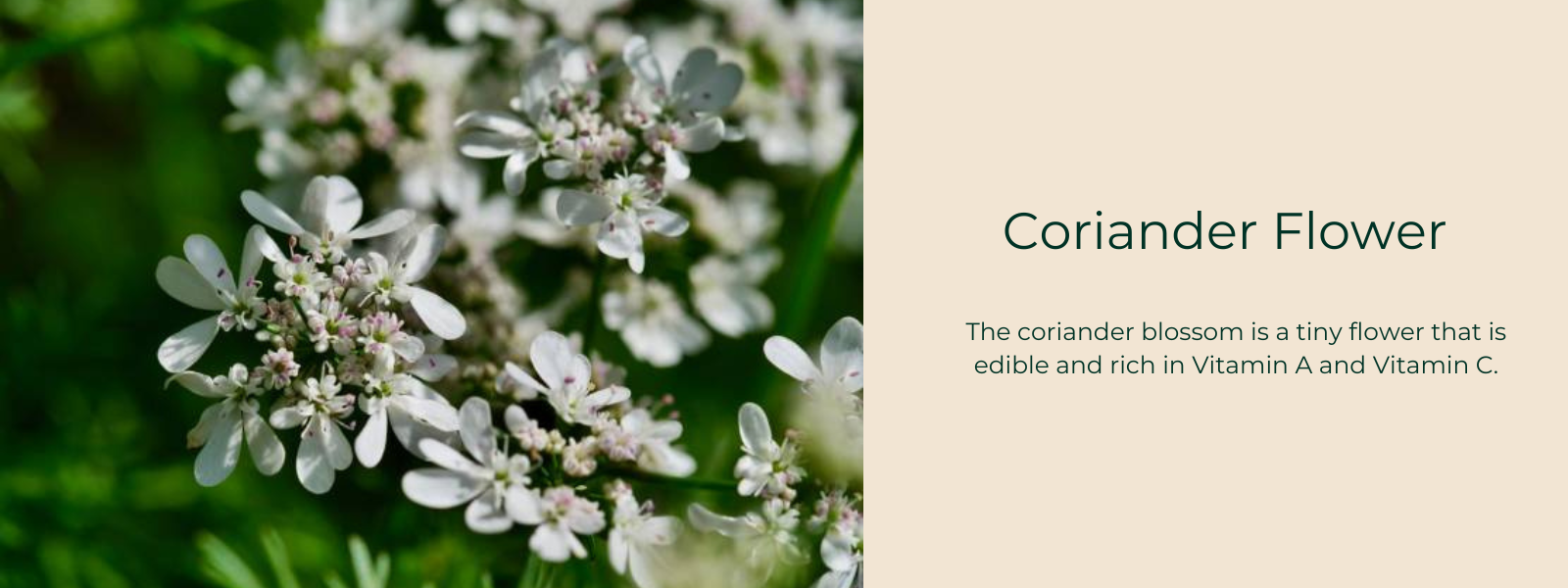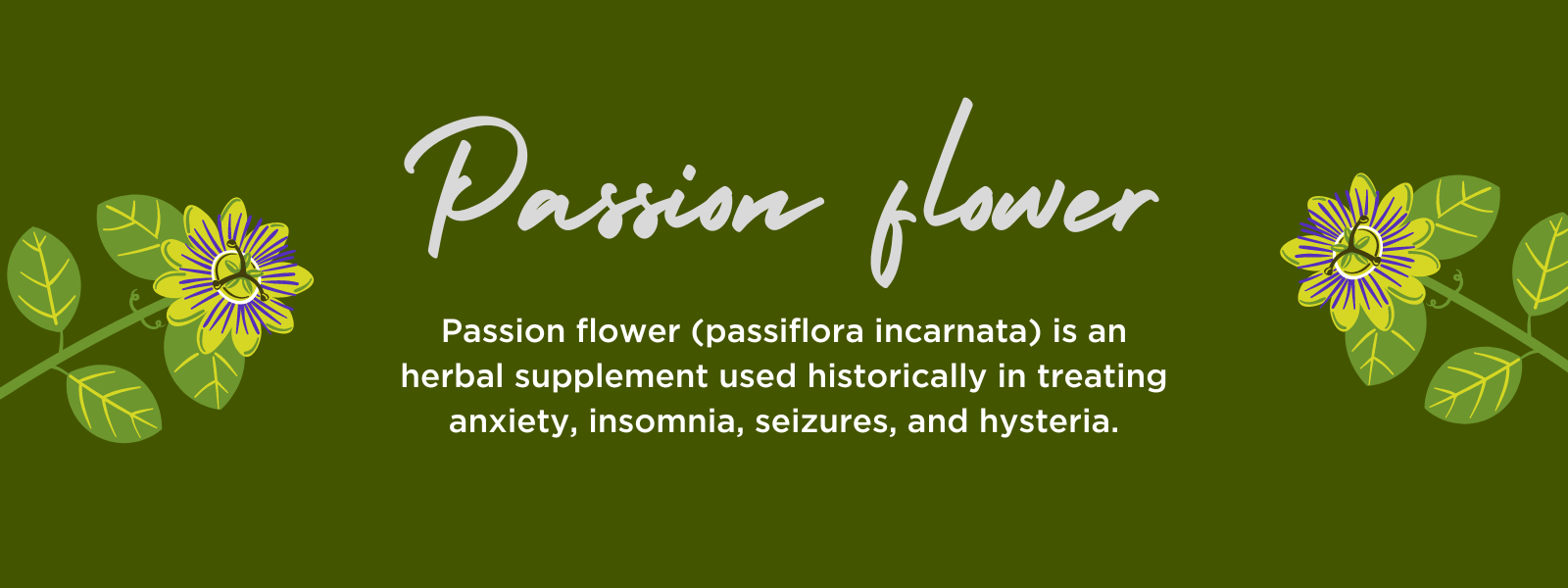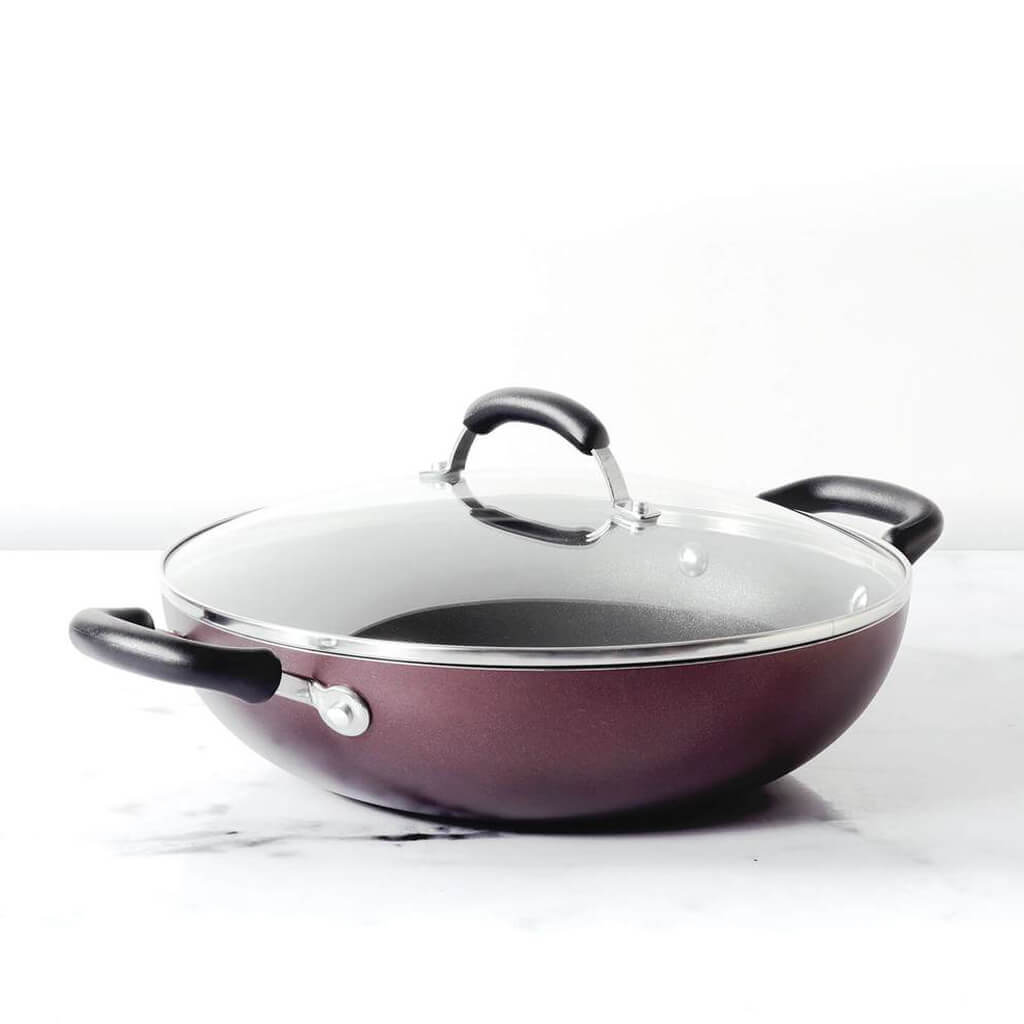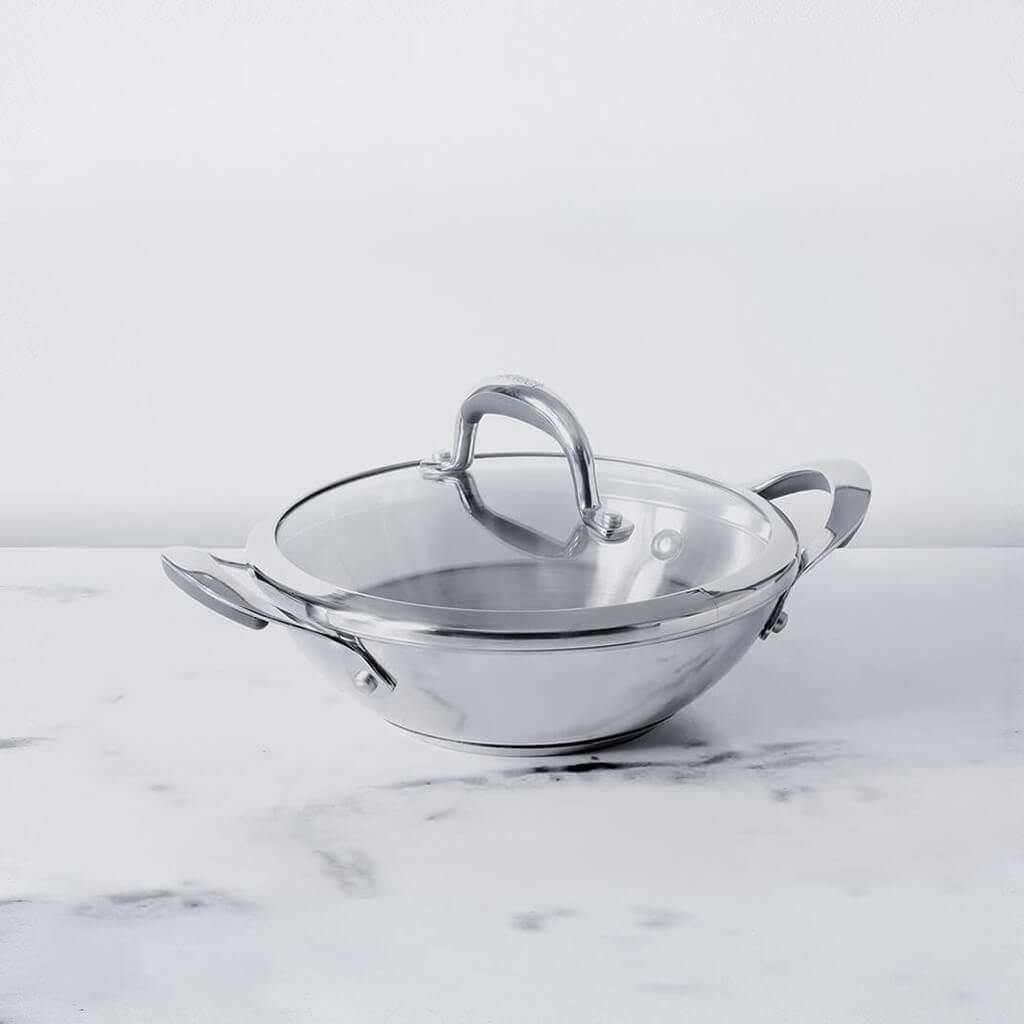Arnica's active ingredients may serve as antibiotics, analgesics, and painkillers. On the other hand, unless it is administered in homoeopathic dilutions, arnica can be harmful when taken orally. The active ingredients are extremely diluted in homoeopathic products.
Table of Contents
Accessible forms:
Topical lotions and ointments with arnica are readily accessible. It is most frequently available as a tincture, which can also serve as the foundation for compresses and poultices. Additionally, topical treatments containing arnica oil are possible.
Many homoeopathic treatments are offered as pills, creams, or injections.
Ways to Use It:
Arnica should not be consumed orally without direct medical supervision, unless it is in a very diluted form as a homoeopathic treatment since severe side effects could result.
Never use arnica topically on an open wound without your doctor's approval.
Precautions:
Using Arnica topically is generally safe. However, prolonged use of it may irritate the skin, leading to eczema, blisters, peeling, or other skin disorders. Leg ulcers and other broken skin should not be treated with arnica. Additionally, those who are allergic or hypersensitive to the herb should stay away from it.
Health Benefits:
Pain management:
Arnica is well known for its ability to reduce inflammation. It has a variety of anti-inflammatory plant substances, including sesquiterpene lactones, flavonoids, and phenolic acids. As a result, it is thought to aid in pain control.
Skin bruising:
Bruises develop when small blood vessels rupture as a result of trauma, such as surgery or slamming your skin against anything. Homoeopathic arnica has historically been used to treat bruises.
Hair loss:
Arnica is frequently used in homoeopathic medicine to cure dandruff and encourage hair growth. It is frequently found as an oil, shampoo, or hydrogel, a product with 99% water as its foundation.
Dosage:
There are currently no accepted guidelines for using homoeopathic arnica to treat pain or bruising.
Additionally, the majority of oral homoeopathic arnica medications come in a wide range of doses. The most prevalent ones are C12, C30, and C200, all of which have high levels of dilution.
Storage:
It is best to store all varieties of arnica out of direct sunshine in a cold, dry location.
FAQ’s
Does arnica interfere with medicines?
Studies indicate that when ingested, arnica could interact with blood-thinning medications, such as warfarin. This is because arnica could make anticoagulants (blood thinners) more effective.
Is arnica used for swelling or bruising?
Studies reveal that arnica was slightly more effective at reducing bruises than a placebo, and an analysis suggested it could lessen eyelid bruising post-rhinoplasty if combined with cold compresses. Arnica is definitely beneficial at treating bruising or swelling, but more research is required to establish the same.











Leave a comment